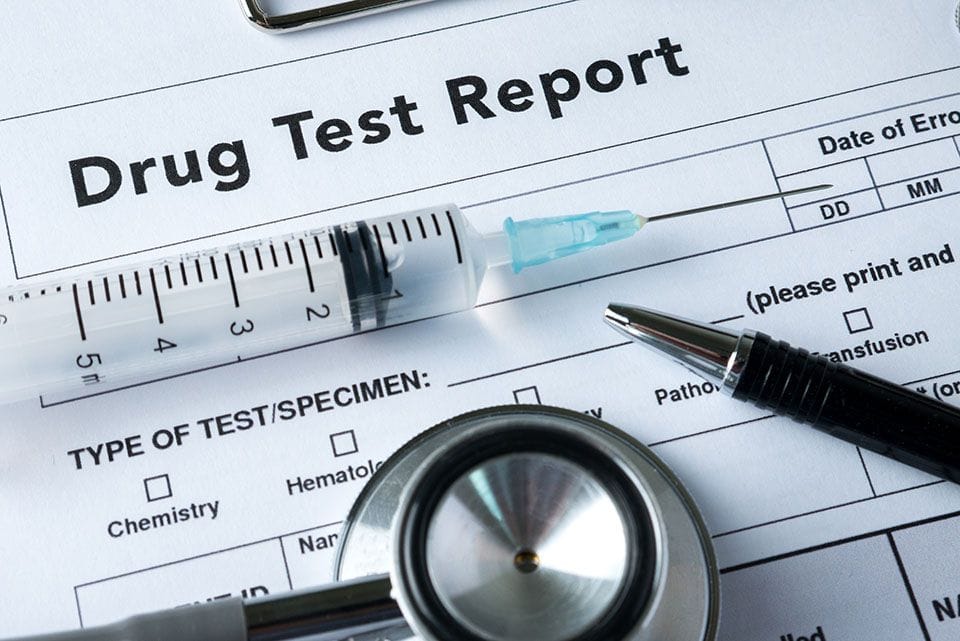Alcohol use disorders can be disruptive to many areas life. Those who struggle with alcohol addiction are likely to have problems maintaining family and social relationships, as well as experiencing difficulties in academic or professional achievement. In many cases, alcohol use disorders are challenging to treat, and extensive damage can be done to several aspects of life during repetitive cycles of relapse and recovery. The rate of alcohol use disorders is higher among some segments of the population. For instance, those who use other substances also have a higher rate of alcohol abuse. Another segment of the population has a significantly increased rate of alcohol use. Individuals who have a diagnosis of personality disorder or personality pathology tend to be more likely to drink alcohol. In fact, approximately one-third of those with personality disorder or pathology meet requirements for a lifetime prevalence of alcohol use. This rate can be compared to that of the general population, in which only about 11 percent of adults who have a lifetime prevalence of alcohol use. Because about 10 percent of the population meets criteria for some type of either personality disorder or personality pathology, it is important to understand the role of alcohol in those patients’ lives. Recently, a study by researchers at Washington University in St. Louis examined alcohol disorders among those with personality disorders and antisocial personality as they entered middle age. The study was based on the understanding that certain aspects of middle age, such as family obligations, social support and professional demands, might have an influence on alcohol use in those with personality disorders or pathology. Led by Arpana Argawal of the Department of Psychiatry, the research team looked at how life events and stressors would influence personality disorders and pathology, and whether those connections served to impact the connection between alcohol use and the personality disorder or pathology. The researchers examined 1,630 participants who were all between the ages of 54 and 65. They were evaluated for alcohol use, personality disorder and personality pathologies. The researchers also met with friends and family members of the participant to gather additional information about drinking habits and mental health history. The analysis showed that individuals who had a history of alcohol use disorders were more likely to meet criteria for personality pathologies, including schizotypal, antisocial, paranoid and borderline personality pathology. Participants who had obsessive compulsive disorder (OCD) exhibited lower levels of alcohol use. The participants shown to be at the highest risk for developing alcohol use disorders were those diagnosed with antisocial, histrionic, narcissistic and borderline personality pathology. However, patients who OCD and schizotypal were shown to have the lowest rates of alcohol use in the previous twelve months. The findings of the study are published in a recent issue of the journal Personality Disorders: Theory, Research, and Treatment.
Call for Immediate Help:1.844.876.7680


